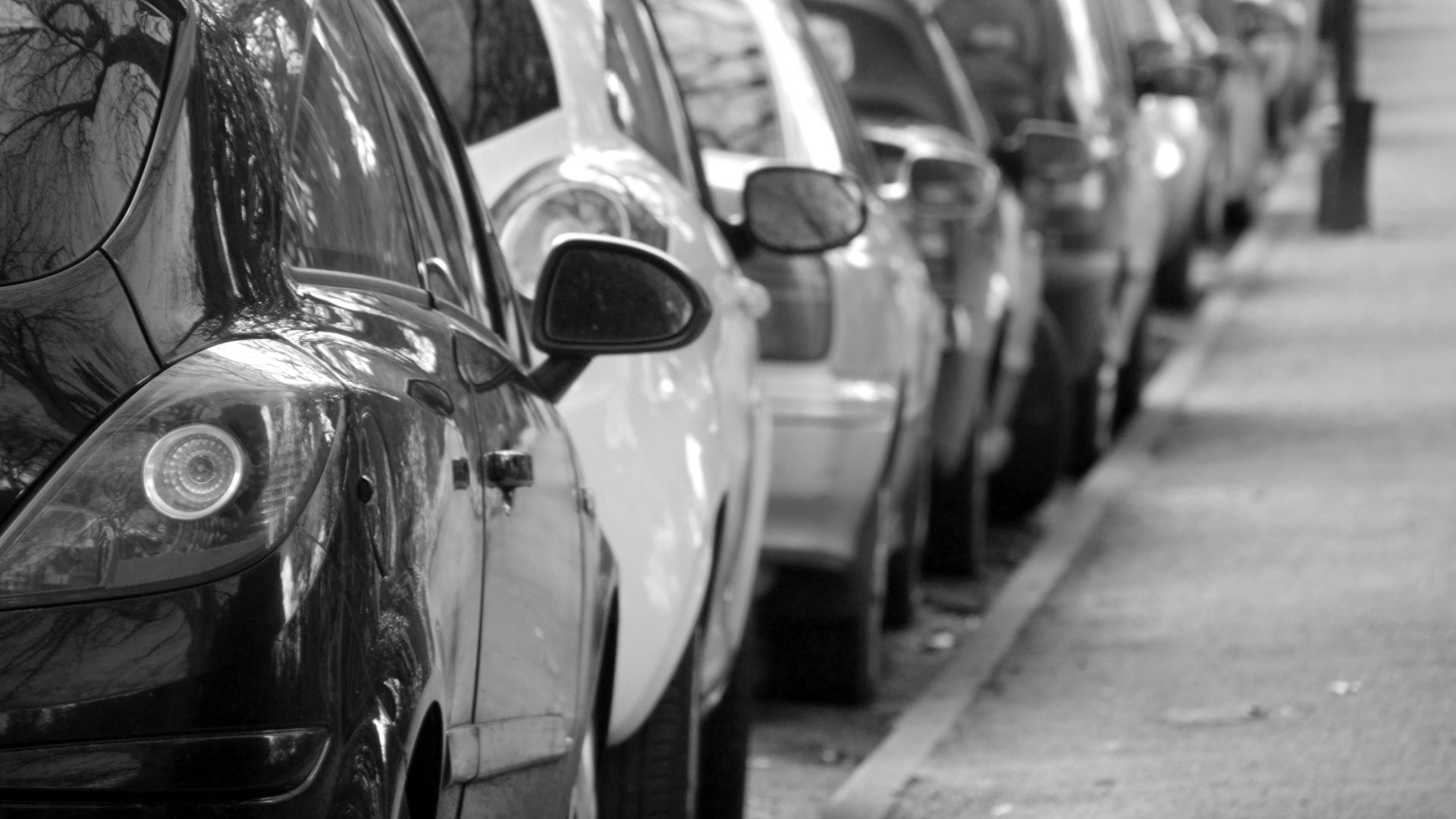

Articles
How Close Can You Park To A Driveway
Modified: December 7, 2023
Discover the rules and regulations for parking near a driveway. Our articles provide helpful tips and guidelines for how close you can park to a driveway.
(Many of the links in this article redirect to a specific reviewed product. Your purchase of these products through affiliate links helps to generate commission for Storables.com, at no extra cost. Learn more)
Introduction
Parking is always a challenge, whether it’s finding a spot in a crowded city or ensuring that you’re following the rules and regulations. One particular aspect that often causes confusion is parking near a driveway. Many people are unsure about the rules and how close they can park to a driveway without violating any laws. Understanding parking regulations is essential for avoiding fines, respect for the property of others, and ensuring smooth traffic flow.
By familiarizing yourself with the rules and guidelines surrounding parking near a driveway, you can avoid potential conflicts and prevent unnecessary penalties. In this article, we will delve into the regulations, discuss different state laws, highlight the consequences of parking too close to a driveway, and provide helpful tips for properly parking in these situations.
Whether you’re a driver or a homeowner, this article aims to clarify the rules and help you navigate parking near driveways with ease and confidence. So, let’s jump right in and unravel the mystery behind how close you can park to a driveway!
Key Takeaways:
- Parking near a driveway requires leaving at least 5 feet of clearance to ensure unobstructed access. Familiarize yourself with local regulations, respect property boundaries, and follow designated markings to avoid fines and towing.
- Understanding and adhering to parking regulations near driveways is crucial for promoting safety, avoiding legal consequences, and contributing to a harmonious community environment. Always park responsibly and be considerate of others’ needs.
Understanding Parking Regulations
Parking regulations exist to maintain order, ensure safety, and facilitate the smooth flow of vehicles and pedestrians. These regulations vary from city to city and even from neighborhood to neighborhood. It is crucial to familiarize yourself with the specific rules of a particular area to avoid any violations or penalties.
When it comes to parking near a driveway, the objective is to allow free access and egress for the homeowners or occupants of the property. Blocking or obstructing a driveway can lead to inconvenience, potential accidents, and even emergency situations.
Most jurisdictions have specific guidelines for parking near driveways to prevent any disruption to the residents or property owners. These regulations typically define the permissible distance and provide clear instructions on how far away you must park from a driveway.
It’s important to note that parking regulations can differ based on whether the driveway is a residential or commercial property. Residential driveways often have stricter rules as they are typically used by homeowners or tenants, whereas commercial driveways may have additional considerations due to business operations.
Additionally, some areas may have designated zones or markings near driveways that indicate a no-parking or limited parking zone. These markings could include painted curbs, signs, or pavement markings. It is crucial to pay attention to these indicators to avoid parking in a restricted area.
Understanding and adhering to parking regulations is not only a matter of legality but also a show of respect for others and consideration for the community. By following the established rules, you contribute to safer and more efficient parking practices.
What Are the Rules for Parking Near a Driveway?
The rules for parking near a driveway vary depending on the jurisdiction and local regulations. While specifics may differ, there are general guidelines that can help you understand how close you can park to a driveway.
1. Check for signage or markings: Look for any signs or painted curbs that indicate parking restrictions near the driveway. These could include “No Parking,” “Fire Lane,” or “Loading Zone” signs. If such signs are present, avoid parking in the designated area as it may result in fines or even towing.
2. Maintain proper clearance: As a general rule, you should leave enough space to ensure unobstructed access to and from the driveway. The recommended distance can vary, but a common guideline is to keep a minimum distance of 5 feet. However, in some areas, the required distance may be greater. Familiarize yourself with local regulations to determine the specific distance you should maintain.
3. Respect property boundaries: It’s essential to avoid parking in a way that encroaches on someone’s property. Make sure to park on the public road or designated parking areas without extending onto private property.
4. Consider visibility: When parking near a driveway, take into account the visibility of drivers exiting or entering the driveway. Ensure that your vehicle does not obstruct their line of sight and allows them to maneuver safely.
5. Be mindful of disabled parking spaces: If the driveway in question is adjacent to a disabled parking space, additional rules and regulations may apply. Disabled parking spaces typically require significant clearance for wheelchair access, so make sure to adhere to any specific guidelines related to these spaces.
Remember, it is always best to err on the side of caution and give ample space when parking near a driveway. By doing so, you not only avoid potential legal issues but also demonstrate consideration and respect for the property and individuals who rely on the driveway for access.
Different State Regulations
When it comes to parking near driveways, it’s essential to understand that regulations can vary from state to state. While some rules may be similar across jurisdictions, it’s important to consult the specific regulations of the state you’re in to know the exact requirements.
Here are a few examples of how different states approach parking near driveways:
- California: In California, it is generally prohibited to park within 5 feet of a driveway. However, local ordinances may vary, so it is crucial to check for any additional restrictions or guidelines in your specific area.
- New York: In New York City, it is illegal to park within 5 feet of a driveway, whether it is an occupied or unoccupied driveway. Violators may face parking tickets or even have their cars towed.
- Florida: In Florida, the minimum requirement for parking near a driveway is typically 5 feet. However, local jurisdictions may have their own regulations, so it’s important to be aware of any additional restrictions based on the specific area.
- Texas: In Texas, the exact rules regarding parking near driveways may vary depending on the city or municipality. While there is generally a requirement to maintain a safe distance from driveways, it’s crucial to consult local regulations to determine the specific guidelines.
These are just a few examples, and it is vital to remember that regulations can change, and new ones can be implemented. To ensure compliance, check with the relevant state or local authorities or consult official sources such as municipal websites, parking guides, or local ordinances.
By familiarizing yourself with the specific regulations of the state you are in, you can ensure that you are parking in accordance with the law and avoid any unnecessary fines or penalties.
When parking near a driveway, be sure to check for any posted parking restrictions. In general, it’s best to leave at least 5 feet of space between your vehicle and the driveway to ensure easy access for the property owner.
Consequences of Parking Too Close to a Driveway
Parking too close to a driveway can have various consequences, both for the driver and the property owner. It is important to understand the potential repercussions to avoid any unnecessary conflicts or legal issues.
1. Fines: In many areas, parking too close to a driveway is a violation of parking regulations. Violators may receive parking tickets, which can result in fines. The amount of the fine can vary depending on the jurisdiction and the severity of the violation.
2. Towing: In some cases, parking too close to a driveway can lead to your vehicle being towed. This can be extremely inconvenient and costly, as you would need to pay towing and storage fees to reclaim your vehicle.
3. Inconvenience for property owners: When a vehicle is parked too close to a driveway, it can obstruct the entry or exit for the property owner or occupants. This can cause frustration and inconvenience, as they may have difficulty accessing their property or have to maneuver around the parked vehicle.
4. Safety hazards: Parking too close to a driveway can create safety hazards. It may restrict the visibility of drivers entering or exiting the driveway, increasing the risk of accidents or collisions. Additionally, emergency vehicles may be impeded by improperly parked vehicles, delaying their response time during emergencies.
5. Legal consequences: If parking too close to a driveway results in property damage or an accident, the driver may be held liable for any resulting damages. This could include repair costs, medical expenses, or even legal action.
To avoid these consequences, it’s important to park responsibly and be mindful of the regulations regarding parking near driveways. Always leave sufficient clearance, follow any signage or markings, and respect the property and access needs of others.
By parking in a considerate and compliant manner, you not only avoid potential penalties but also contribute to a safer and more harmonious community environment.
Tips for Properly Parking Near a Driveway
Parking near a driveway can be a delicate task, requiring careful consideration and adherence to regulations. Here are some tips to help you park properly and avoid any conflicts or violations:
- Know the regulations: Familiarize yourself with the specific parking regulations of the area you are in. Different locations may have different rules regarding the distance you need to maintain from a driveway. Check for any signage, markings, or local ordinances that provide guidance on parking near driveways.
- Leave sufficient space: The general guideline is to leave at least 5 feet of clearance between your vehicle and the driveway. However, be aware that some areas may require a greater distance. When in doubt, it is better to leave more space than required to ensure smooth access for the property owner.
- Check for visibility: Ensure that your parked vehicle does not obstruct the visibility of drivers entering or exiting the driveway. This is crucial for everyone’s safety. Make sure your vehicle does not block sightlines or impede the line of sight for those using the driveway.
- Follow designated markings: Pay attention to any painted curbs, signs, or road markings indicating no parking or limited parking zones near driveways. These are typically implemented to ensure clear access for property owners or to designate specific parking restrictions. Ignoring these markings can lead to fines or towing.
- Consider timing: Be mindful of the time you plan to park near a driveway. Some areas may have specific regulations regarding parking during certain hours, such as rush hour restrictions or overnight parking limitations. Ensure that you are aware of any time-related restrictions and adhere to them accordingly.
- Respect private property: Avoid parking in a way that encroaches on someone’s private property, even if it is near a driveway. Stay within the boundaries of public parking spaces or designated parking areas to avoid any legal or conflict-related issues.
By following these tips, you can ensure that you park near a driveway in a way that is compliant with regulations, respectful of others, and considerate of safety concerns. Proper parking not only helps to maintain order on the roads but also promotes a harmonious relationship within the community.
Conclusion
Parking near a driveway requires attention to detail and compliance with parking regulations to avoid legal issues and conflicts with property owners. Understanding the rules and guidelines for parking near driveways is essential for maintaining order, promoting safety, and ensuring smooth traffic flow.
By familiarizing yourself with local regulations, you can determine the specific distance you need to maintain from a driveway and any additional restrictions or markings present. Remember to leave sufficient space, typically around 5 feet, to allow unobstructed access for homeowners or occupants.
It’s important to respect private property boundaries, avoid blocking visibility, and follow designated markings or signage indicating restricted parking zones near driveways. By doing so, you demonstrate consideration for others and contribute to a safer and more harmonious community environment.
Failure to comply with parking regulations near driveways can result in fines, towing, inconvenience for property owners, safety hazards, and potential legal consequences. It is crucial to park responsibly, be mindful of the needs of others, and follow the established rules to avoid these negative consequences.
Whether you are a driver or a homeowner, understanding and adhering to the rules for parking near driveways is essential. By doing so, you contribute to the efficient and safe operation of the roadways, promote respectful parking practices, and help maintain a positive and considerate community atmosphere.
So, the next time you park near a driveway, remember to check for regulations, leave sufficient clearance, respect visibility, and follow any designated markings. By following these guidelines, you can ensure a hassle-free parking experience while showing respect for others and being a responsible member of the community.
Frequently Asked Questions about How Close Can You Park To A Driveway
Was this page helpful?
At Storables.com, we guarantee accurate and reliable information. Our content, validated by Expert Board Contributors, is crafted following stringent Editorial Policies. We're committed to providing you with well-researched, expert-backed insights for all your informational needs.


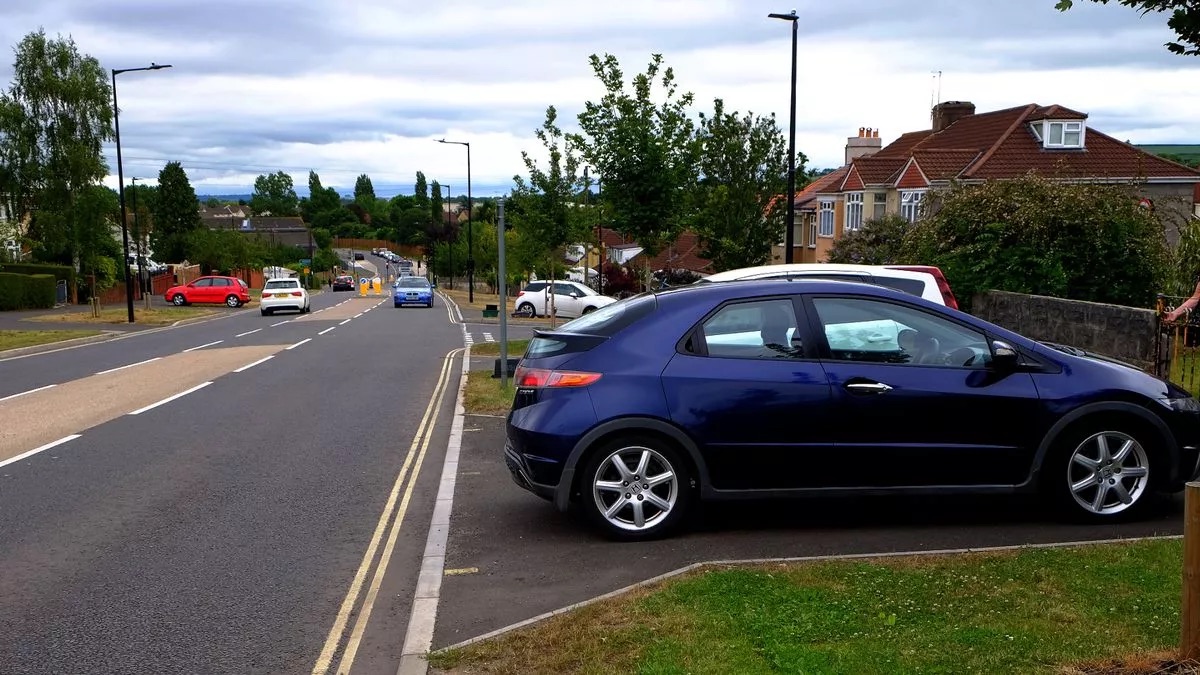


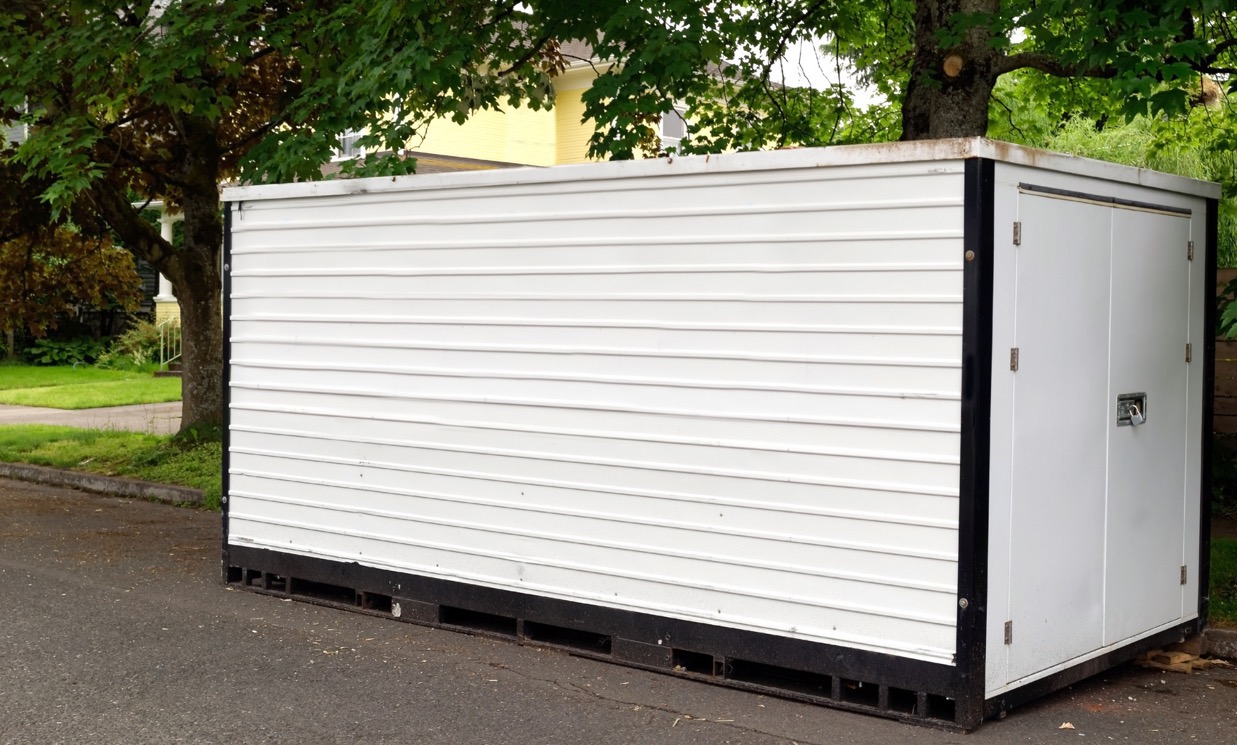


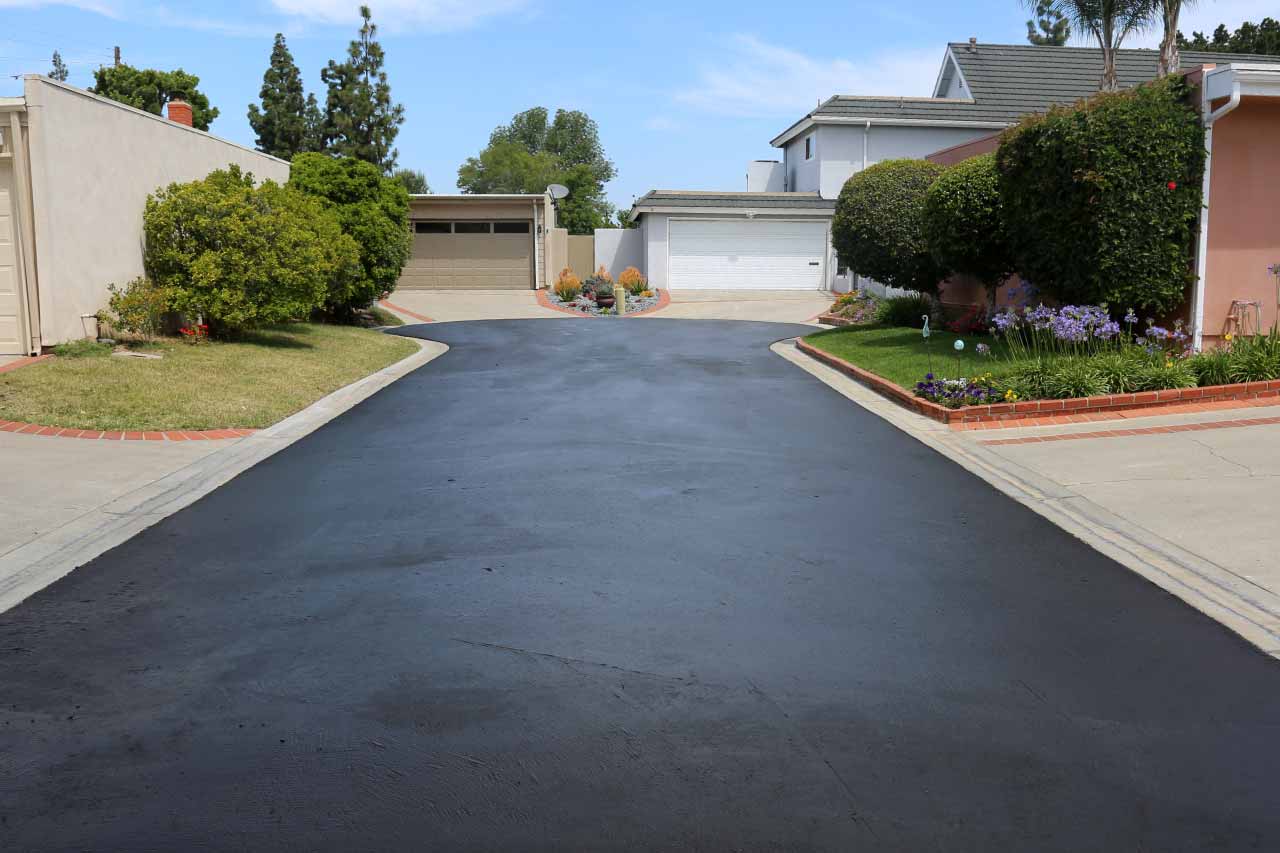



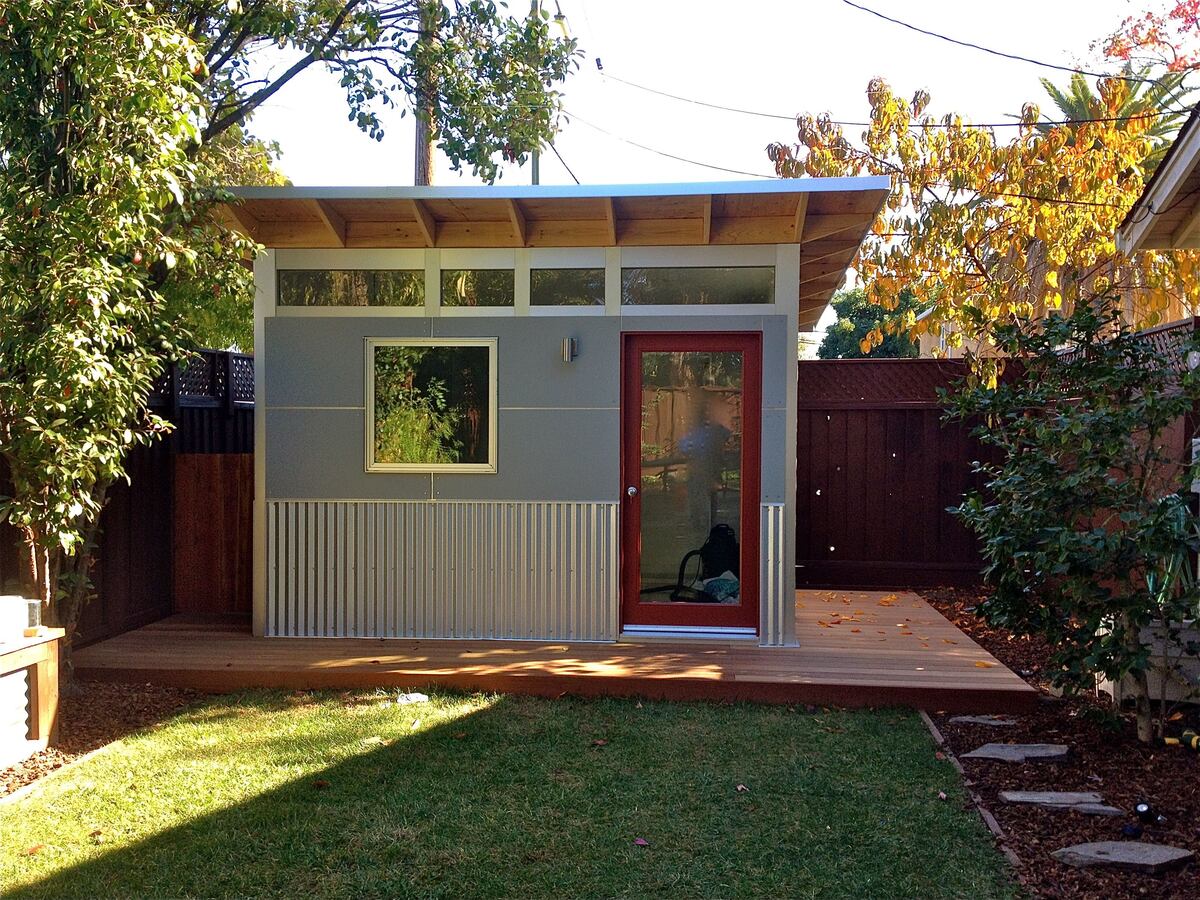


0 thoughts on “How Close Can You Park To A Driveway”